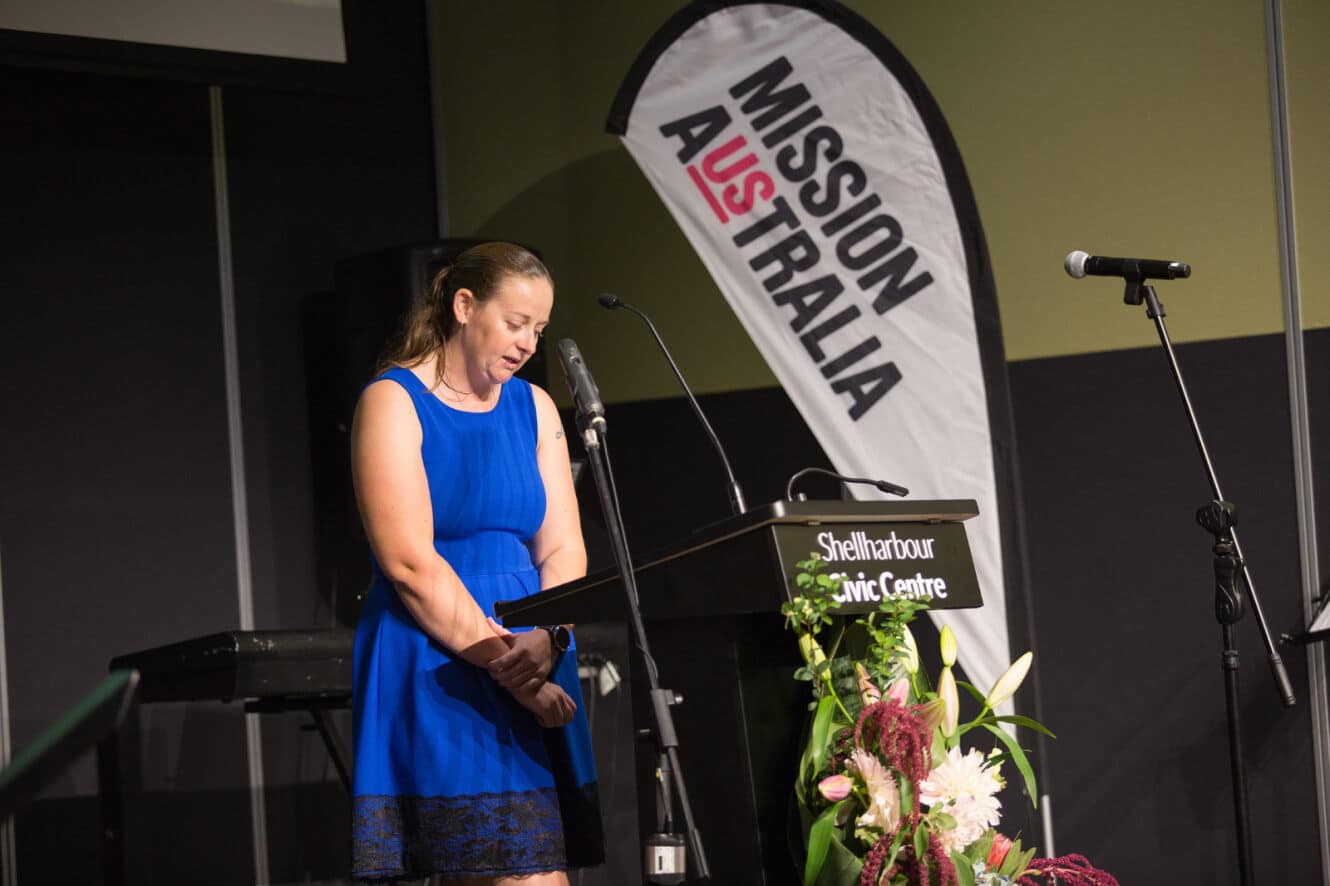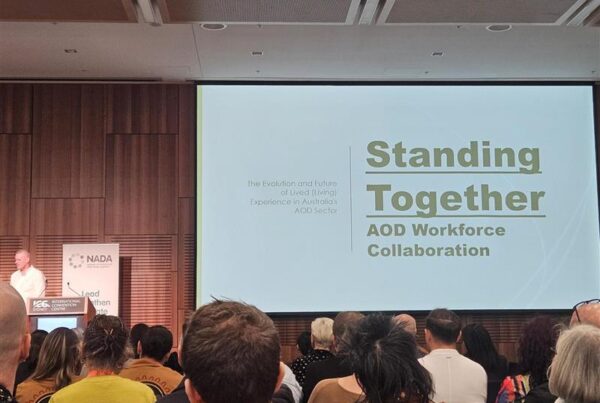When Sam was 19, her doctor told her mother she would need “full time care for the rest of her short-lived life.”
In three short years, Sam’s life had unravelled following a spinal injury when she was just 16. An opioid addiction (from prescribed pain killers) had escalated into frequent binge drinking, cannabis consumption and taking “whatever drugs were around”. She was then diagnosed with schizophrenia.
After being admitted to Triple Care Farm for rehabilitation, she faced some of the hardest times of her life, but with her dedication and the support and therapy she received, she stopped hearing voices in her head. She wasn’t paranoid anymore.
After leaving the farm, Sam went from strength to strength, completing a degree in Paramedicine and working full time.
Now, three years after finishing her degree, we caught up with Sam, who is still doing incredible things. Here is her update.
“For the past two years I worked in an inpatient hospital setting where I shared my lived experience, supporting other consumers accessing the mental health and alcohol & other drugs services.
I am taking a 6 month break from working within the acute setting and will be working in the community, where I will work longer term with consumers on their recovery and goals.
I never thought I would have left Triple Care Farm and be where I am today. When I left, fear was all I remember. The “what if’s?”. What if I fail? What if I use again? What if I die? What if I let everyone down? I now understand that fear is a positive because it keeps me accountable and self-aware.
On my last day at Triple Care Farm I stood up and gave a speech. I remember looking and seeing the tears my mum had. I felt like I’d achieved being a daughter again. I remember saying to my mum, “Today is the start of the rest of my life,” and today this is still so true.
When I left the Farm my biggest challenge at first was accepting my past and being okay to talk about it. After 15 years my biggest challenge is the way society ‘normalises’ alcohol. The stigma that stills comes with mental health and addiction.
I want to tell young people facing addiction that your past is not who you are today. Just trust yourself, hold onto hope and allow yourself to feel the struggles. They make you who you are.
One thing I think it’s easy to forget is that recovery never stops. We say it is a journey that continues to change.
We talk about depression and anxiety in the media, but addiction is not as talked about because there is such stigma and shame. Having both, and living with both every day, makes that battle never ending. We carry our own self-bias and stigma due to this and sadly it impacts recovery in so many different ways. When people understand both mental health and addiction, it makes so much more sense.”







